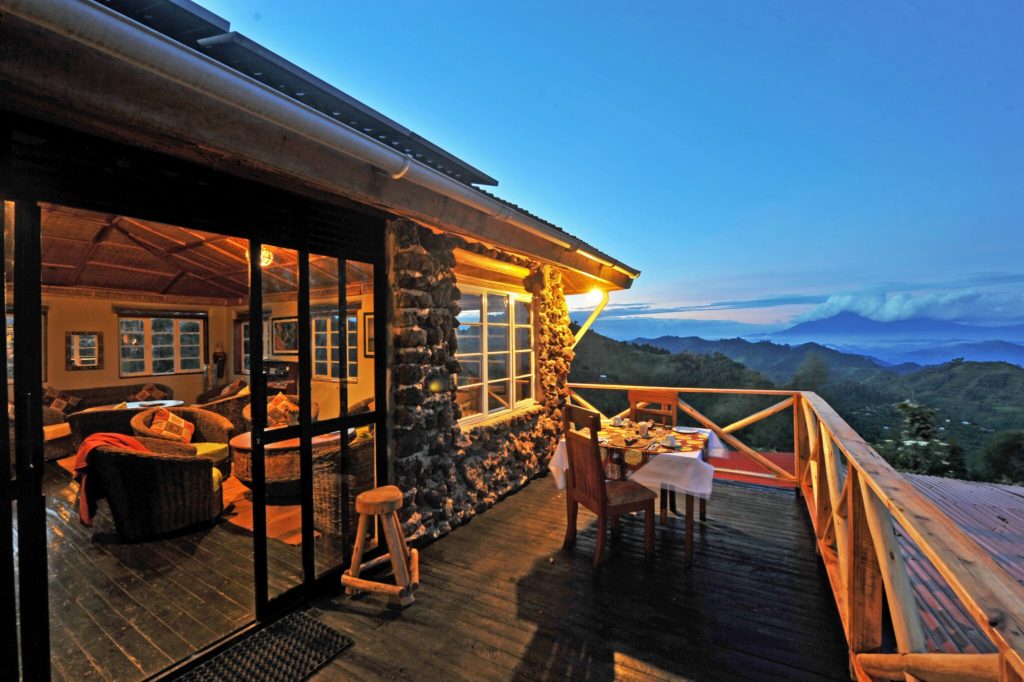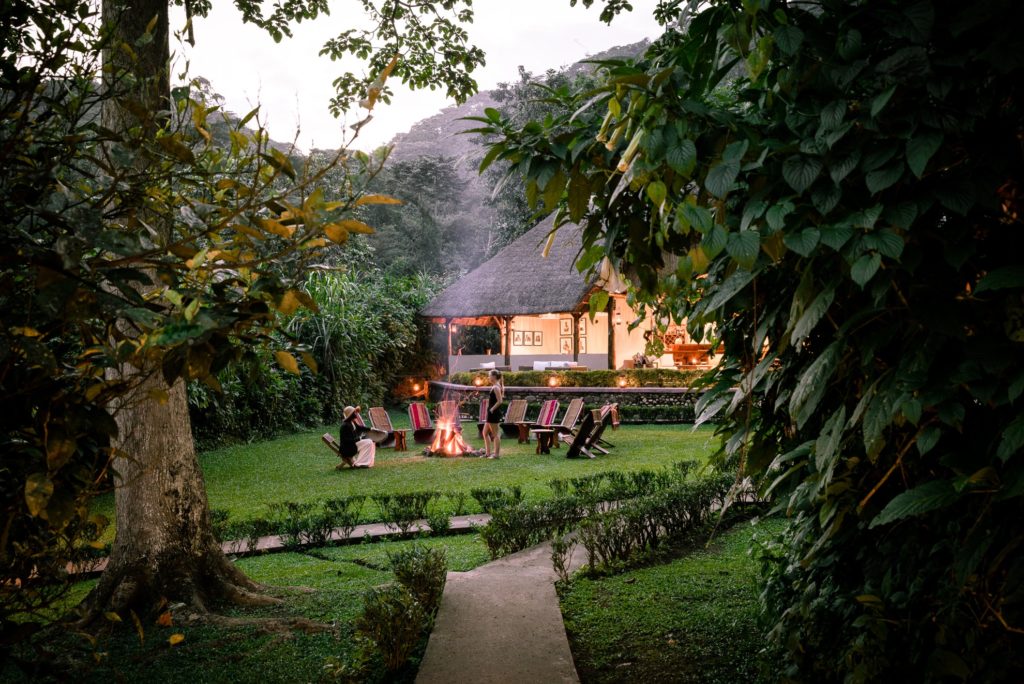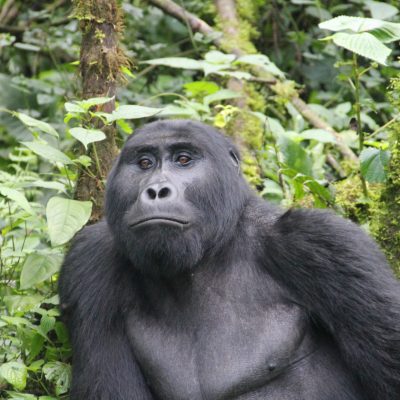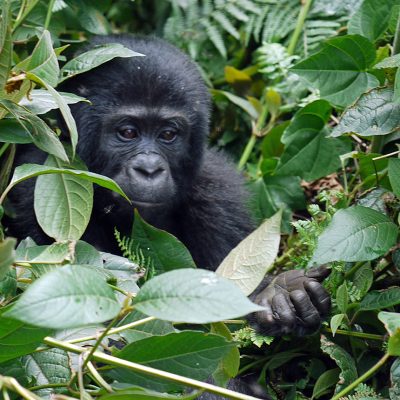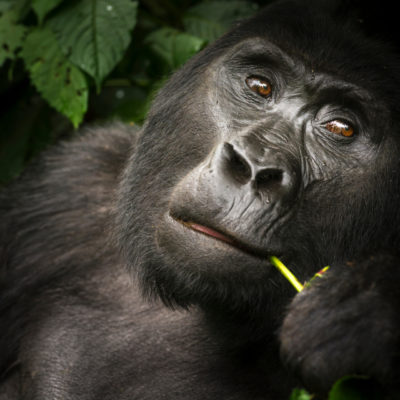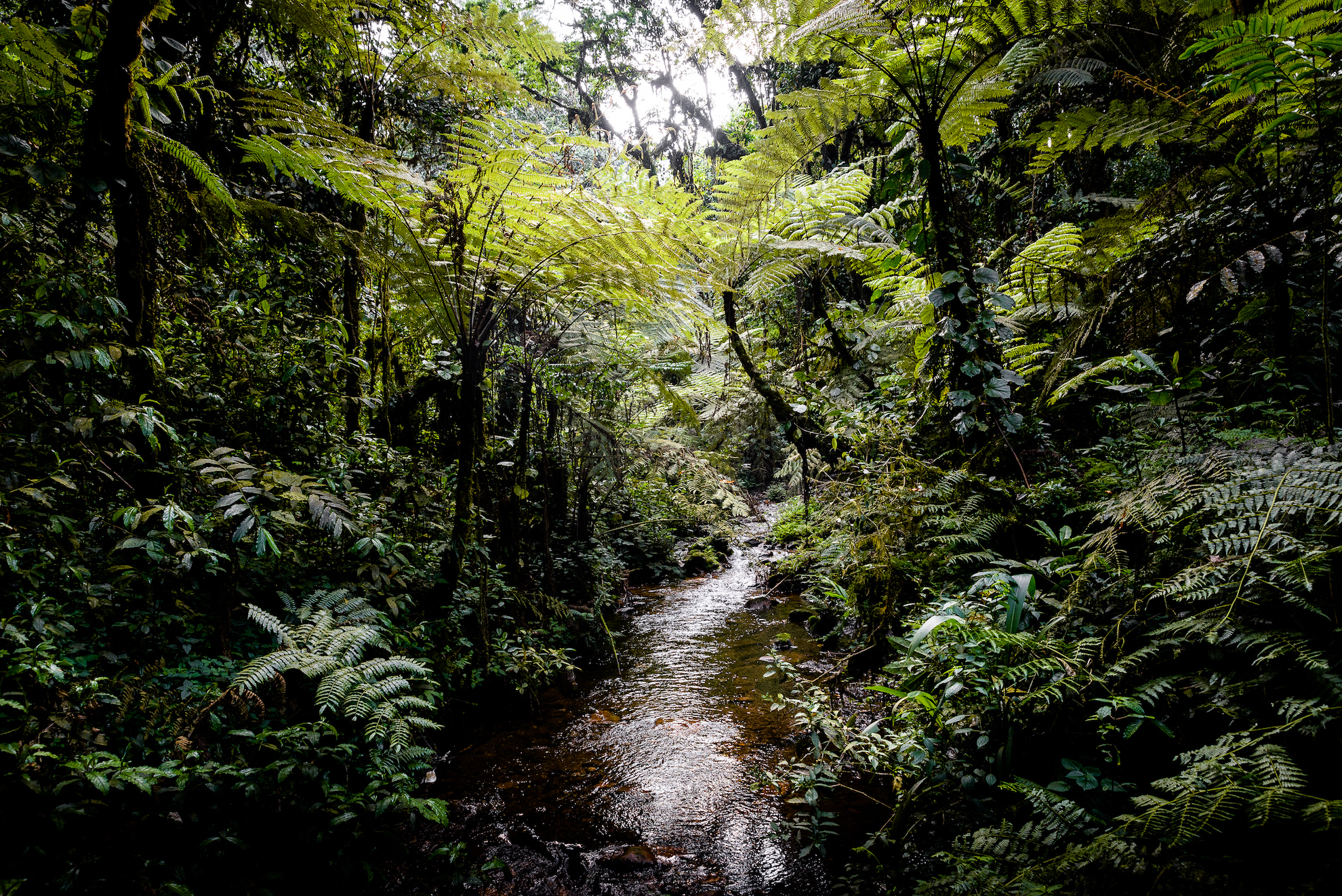
The Protection of Bwindi Impenetrable Forest
We’ve all heard the typical spiel that 48 football fields worth of forest is lost every 1.2 seconds. Unfortunately, this shock tactic has lost its weight, as humans – if not facing problems personally – tend to ignore them. In Uganda, the locals can no longer ignore the deforestation of Bwindi Impenetrable Forest. The forest is known for its extraordinary biodiversity, both flora and fauna. With over 160 different species of trees and over 100 species of fern, the Bwindi Impenetrable Forest and National Park is home to a variety of endangered species, perhaps the most well-known being the mountain gorilla, with almost half the world’s population of these fascinating primates calling Bwindi’s trees home.
Forests cannot be understated in their beauty or in their importance on this planet, and protecting these marvels of nature is one of the first steps needing to be taken to combat climate change. Yet their protection is still not being taken seriously. Uganda has one of the highest rates of forest loss globally, leaving local Ugandans and global forest lovers wishing that Bwindi Impenetrable Forest could indeed be impenetrable.
Let’s take a step back and try to understand how we’ve arrived where we are. There is no ‘start date’ for deforestation, it has been happening almost as long as modern humans have existed. Between the 17th and mid 19th century in North America, ‘about half of the forests in the eastern part of the continent were cut down’ for agricultural use and timber. Countless forests have been cut down for farming, livestock, mining, palm oil production, and logging operations to name a few more ‘reasons’.
“Forests such as the Bwindi Impenetrable Forest are a wonder of nature, and a vital slice of the lungs of our planet”
One of the main issues with deforestation is people don’t understand the damage which could occur in a forest-depleted world. Without forests, formerly forested areas would be prone to extreme drought, without the protection of trees erosion would lead to the destruction of coral reefs and marine habitats, not to mention the immediate loss of thousands of species of animals and the dramatic increase of CO₂ which will enter our atmosphere. It may sound extreme to talk about the complete loss of all forest, but with the rapid rate of deforestation all over the world, a forest-less future may be one generations to come will have to think about.
All hope is not lost yet, forests are beginning to get the respect and acknowledgment they deserve, and more companies and individuals are doing what they can, in an effort to try protect and preserve these areas of wilderness. With responsible tourism on the rise, travellers now have the choice to stay at accommodations which make a proactive and positive impact in the areas they operate. In Uganda, and around the Bwindi Impenetrable Forest National Park, there are many to choose from.
Nkuringo Bwindi Gorilla Lodge
Nkuringo Bwindi Gorilla Lodge is one such accommodation which specifically aids the local people who live on the edge of the forest. By holding reforestation as a ‘cornerstone’ of their operations, Nkuringo offers all guests the opportunity to plant an indigenous tree during their stay. This is an important step, replanted trees must be indigenous otherwise the natural habitats won’t return once they have grown, and the forests won’t thrive. Planting indigenous trees removes this issue, and will reinstate the natural home for many amazing creatures. Mahogany Springs, located on the banks of the sparkling Munyanga River also offers guests the chance to plant their very own indigenous tree.
Sanctuary Gorilla Forest Camp
Sanctuary Gorilla Camp, run by Sanctuary Retreats, operates the Bwindi Women Bicycle Enterprise employing six local women, all from communities around the edge of the Bwindi Impenetrable Forest. Not only does this initiative provide a means of transport for many villagers, but it also trains and empowers women. Similarly, Bwindi Lodge, run by Volcanoes Safaris has a ‘tea processing project in partnership with the local communities.’ Tea is a useful buffering crop between villages, the forest, and the guests of Bwindi Lodge will have the opportunity to visit this project to see its impact on the community and learn the effect it has on the forest.
Take some time to picture yourself in the middle of a forest. Refreshingly dark and damp, surrounded by towering trees and thick emerald-green bush. Breathe in and smell the petrichor, the moisture and soil, smell the raw earth. Listen to the songs of hundreds of birds, and the rustle of monkeys in the trees, swinging from branch to branch. I can’t imagine the picture you’ve created as anything other than a mystical wonderland.
The forests need not to be saved just for their beauty, but because they are vital to life on earth. It is important not just to recover what we’ve lost, but to protect what we still have. Replanting forests is important for regaining forest cover; however, a stronger emphasis needs to be placed on the protection of forests which still exist. Forests such as the Bwindi Impenetrable Forest are a wonder of nature, and a vital slice of the lungs of our planet.
“The Bwindi Impenetrable Forest National Park is one I didn’t know a lot about until recently, and when I researched in more depth the reasons to protect and raise awareness for this beautiful forest became clearer and clearer. Many of the positive initiatives in place by safari operators rely on tourist funds, which is why travelling responsibly is so important.”

